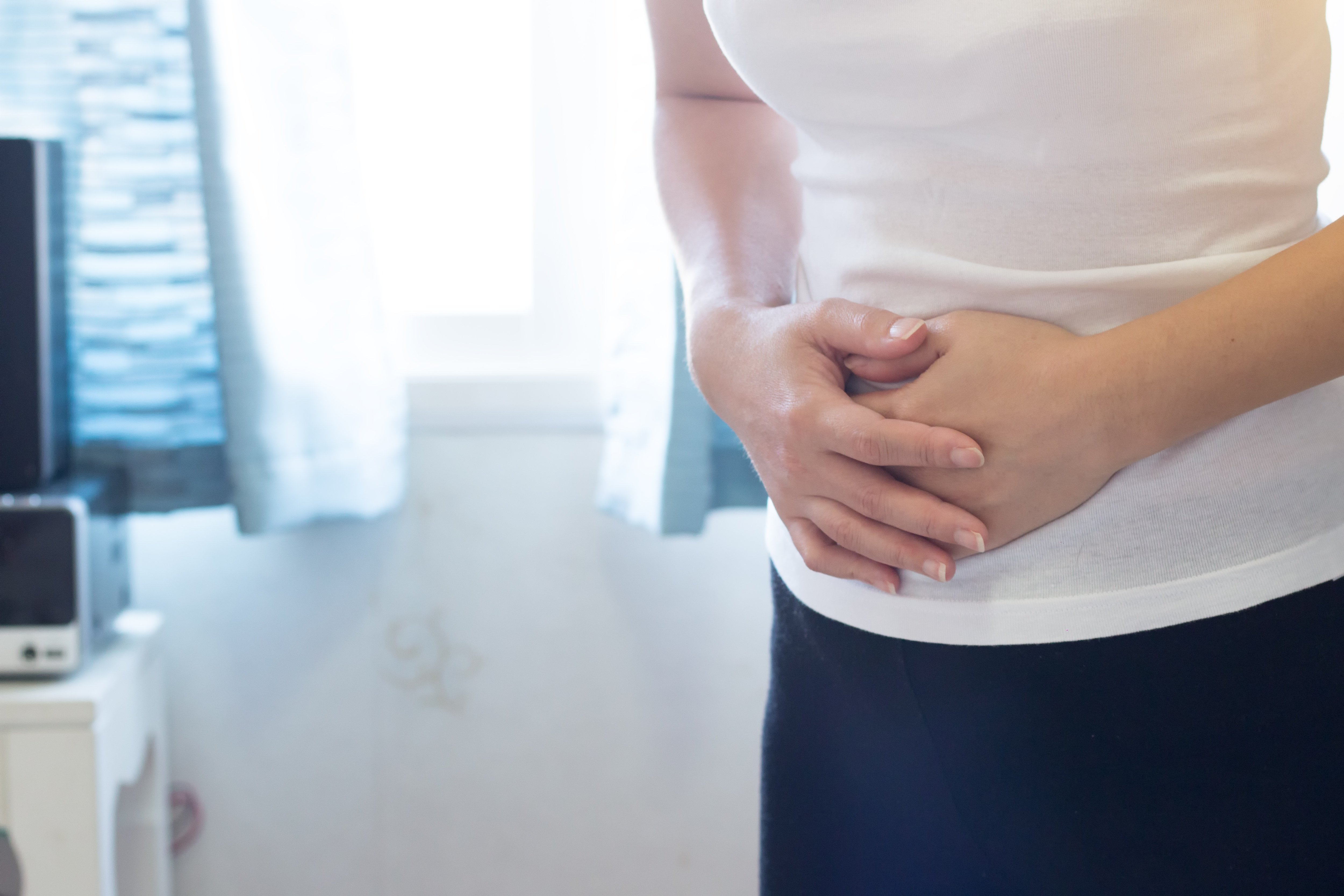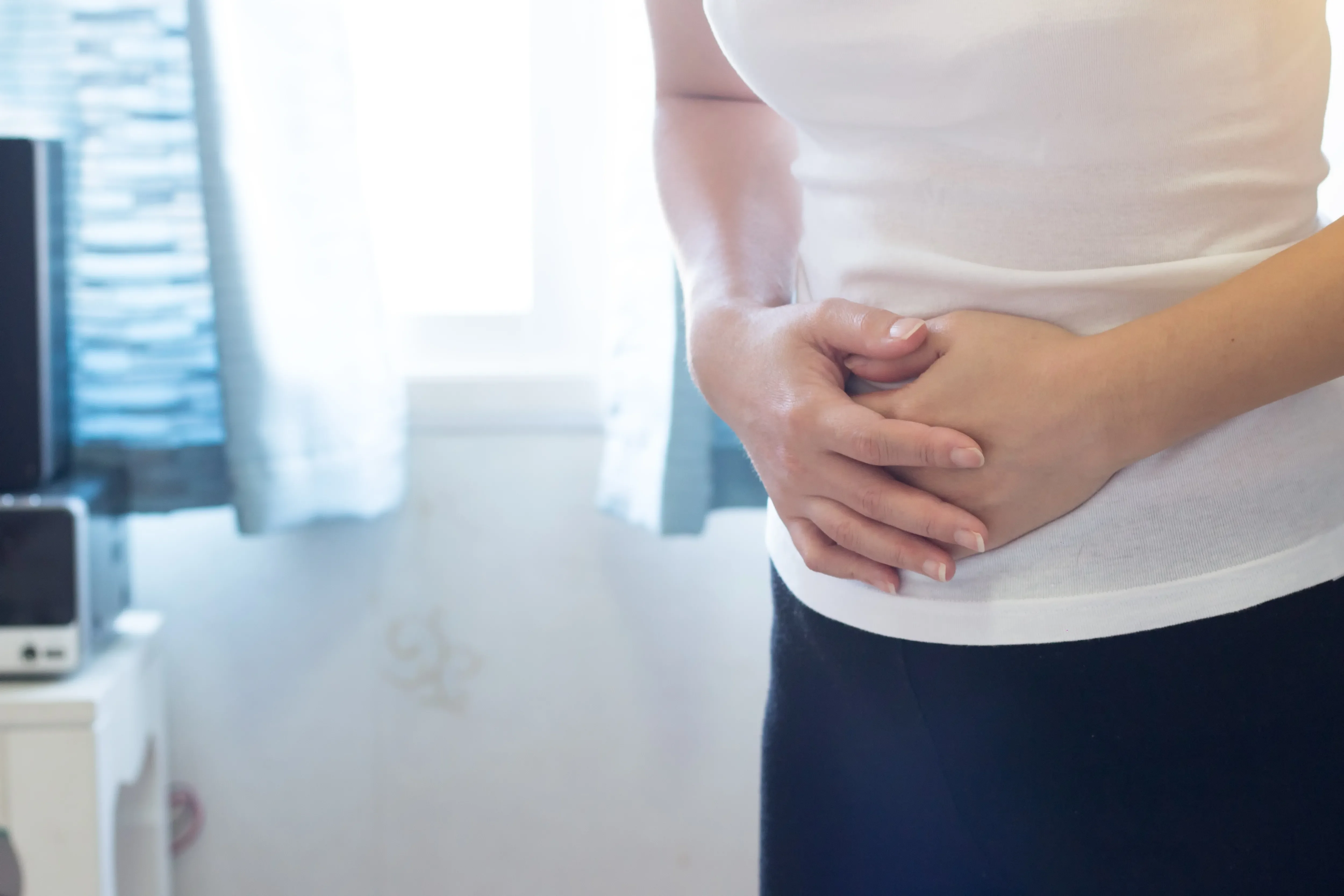When Your Bathroom Habits Aren't Routine (And What Can Help)
Irritable Bowel Syndrome
Irregular bowel habits, alternating diarrhea and/or constipation, and cramping or bloating, in conjunction with abdominal discomfort or pain--they're the hallmark signs of Irritable Bowel Syndrome (IBS). If you are regularly finding yourself, and your bathroom, occupied with these life-altering symptoms, relief may be in sight.

It’s a Common Disorder
IBS can make you feel isolated, but you are not alone. It is estimated that about 10 to 15 percent of the world’s population suffers from IBS. There is no known cure for the condition, but there are many effective treatment options available.
7 ways to improve your IBS
The following can help you to manage even your worst IBS symptoms:
1. Medications
No matter your IBS symptoms, anti-diarrheal, anti-spasmodic and laxative medications can get your toilet habits back on track. These are particularly effective with patients whose symptoms do not respond to simple lifestyle changes or for those who are having severe symptoms. Low-dose anti-anxiety medications have also shown to improve the effects of IBS in some people. Communicating openly with your physician is the key to finding the best treatment plan.
2. Probiotics
They've become quite popular as the importance of gut health has been a popular topic in the media, but put simply, new studies have shown promise that probiotics can help to regulate the gut’s healthy bacteria and regulate you as a result.
3. Fiber
Fiber is important in any healthy diet, but for those suffering with constipation, it is particularly vital. Gradually increasing your fiber intake to the recommended 25 to 30 grams per day can help you to increase your overall health and normalize your bathroom habits.
4. Dietary changes
Fiber is just one part of a healthy lifestyle. Eating the recommended amount of fruits, vegetables and good fats daily can help your stomach and improve your mindset. While not a cure-all, the low-FODMAP diet is also worth trying if you have gastrointestinal concerns. It is an elimination diet that removes FODMAP foods, or short-chain carbohydrates, from the menu.
5. Stress reduction
IBS is often exacerbated by stress, as the mind and gut have a strong connection. Finding ways to both manage and anticipate your stress can go a long way in symptom reduction. Everything from mindfulness to yoga can help.
6. Exercise
In a 2011 study, IBS patients who exercised 20-30 minutes per day at least three days per week saw an improvement in their symptoms. Even simple changes to your routine, like adding a 30 minute walk after dinner, can reduce your stress, improve your health and potentially erase your symptoms.
7. Education
Many patients come to me concerned that their discomfort is a sign of something much more serious than IBS. I take IBS very seriously, and I work together with my patients to find relief for their symptoms. The palliative effect of knowing their suffering is not the result of a more dire diagnosis is an added bonus. If you’re concerned about any discomfort you are having, talk with your doctor—it could be a reprieve.
When your gut feeling shouldn't be ignored
It is important to know that IBS is defined as recurrent abdominal pain or discomfort that is associated with altered bowel habits, like diarrhea or constipation. These symptoms can typically happen on average at least one day per week for the past three months. Symptoms such as an unexplained weight loss of more than 10 pounds, bloody stools or rectal bleeding, fevers or night sweats, or nighttime stooling are not typical of IBS and should prompt one to be evaluated by a gastroenterologist.
IBS is not an indicator of future disease
Having IBS does not increase your risk for colon cancer, Crohn’s disease or ulcerative colitis. In fact, in IBS the gastrointestinal system appears normal on an internal exam. However, IBS is often seen in patients who have already been diagnosed with gastroesophageal reflux disease (GERD), anxiety, depression or other conditions associated with visceral hypersensitivity (fibromyalgia).
On the horizon for IBS
While there is no current cure for IBS, there are new findings about its origins. Stay tuned and in touch with your doctor for ever-changing treatment options and, hopefully, one day a cure.

Dr. Paul Ricketts is a Gastroenterologist on staff at Chesapeake Regional Medical Center.